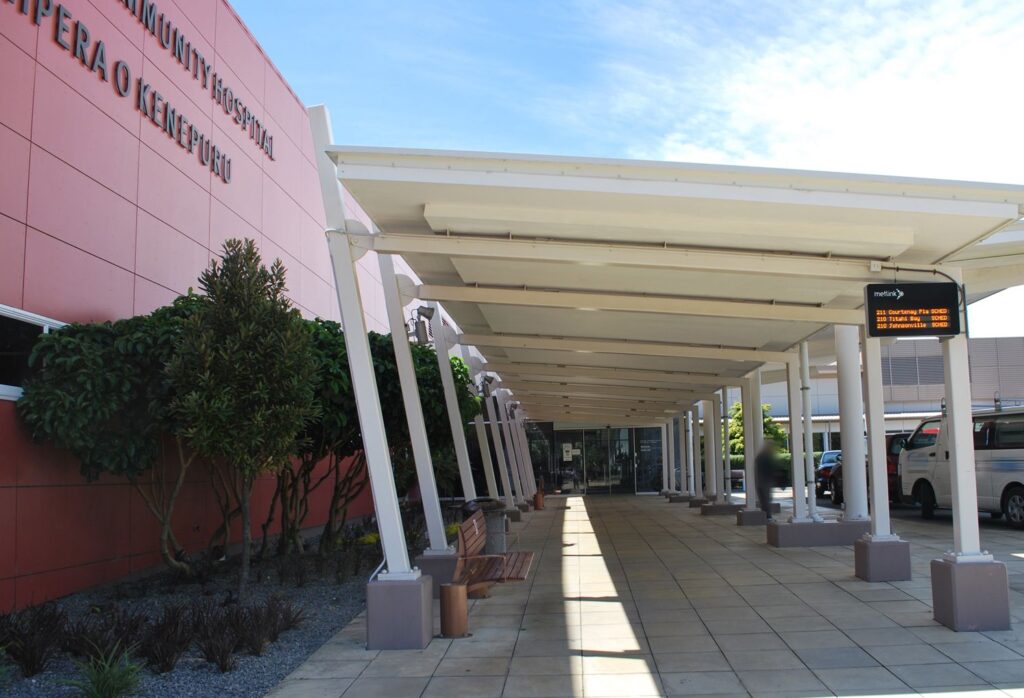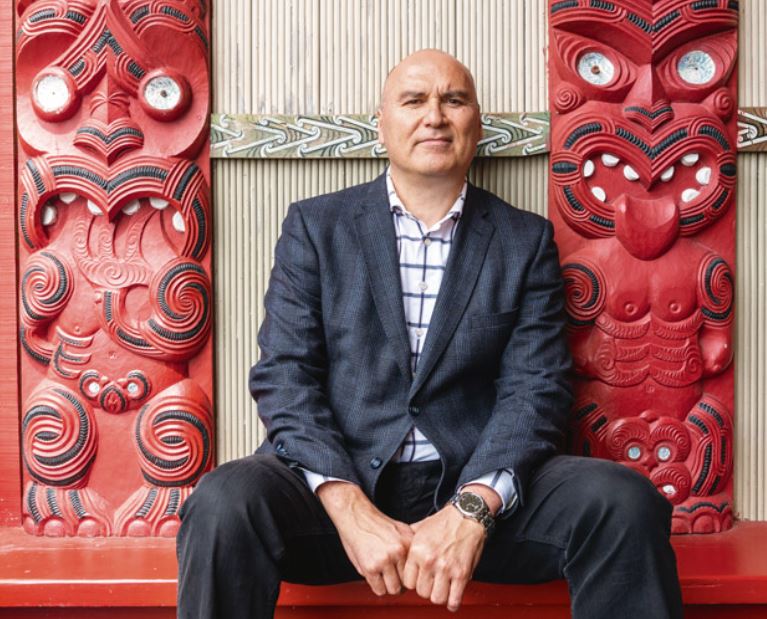
Health officials in Porirua are considering replacing the overnight doctor at Kenepuru Community Hospital’s accident and medical centre with a telehealth service.
It is a 25 kilometre trip to Wellington Hospital – and about the same distance to Hutt Hospital – if you have a car.
Ngāti Toa chief executive Helmut Modlik said in Porirua the iwi-run health service Ora Toa and other clinics cover Thursday nights and the weekends.

He was confident they could provide the doctors – if Te Whatu Ora paid them.
“It’s signalling to them and everybody else in our community that we cannot accept that there will be a stepping back from making those services available.”
The senior doctors union said staff are seeing more than 20 patients in a single night – including a small number of “high acuity” cases several times a week.
Executive director Sarah Dalton said it is a critical service for more than 100,000 people, and the same thing is happening in other regions.
“What is a reasonable level of public health provision, given that we know that people don’t always get acutely unwell of deteriorate quickly between the hours of 8am and 5pm?”
Other after-hours medical services are on the verge of collapse, as overworked GPs signal they can no longer provide cover, or the funding falls short.
Documents obtained under the Official Information Act show in the first eight months of last year, 24 practices and clinics had to reduce hours or close their doors due to critical staff shortages and cost pressures.
In the 13 months to August, urgent care clinics in Auckland were forced to close early nearly 200 times due to staff shortages.
Nationwide there are more than 100 providers of after-hours care, each with a different mix of funding from Te Whatu Ora, primary health organisations, ACC, private providers and patient co-payments.
Te Whatu Ora has boosted annual funding by $17 million to “stabilise” urgent care services. But GPs across the country say funding is not enough to cover the day-to-day work, let alone after hours care.
The only on-call night time GP service between Whangārei and Auckland’s North Shore closed in March.
General Practice New Zealand chair Porirua GP Bryan Betty said it is patients who end up paying the price.
“It does lead to problems in terms of late presentations and presentations to emergency departments which puts pressures on already overstretched services.”
The not-for-profit organisation SouthLink Trust runs 23 practices nationwide. Its chief executive, Karl Andrews, said the current regional variability of after-hours contracts has to be addressed with urgency.
The growing complexity of patients, increased administration and a shrinking workforce is making it harder to even provide day-to-day services, he said.
Te Whatu Ora said it is planning to look at urgent care as part of its wider primary care programme – but meanwhile, a range of telehealth services are available, and any patient in need of urgent treatment could always visit a hospital emergency department.
Report from RNZ



























